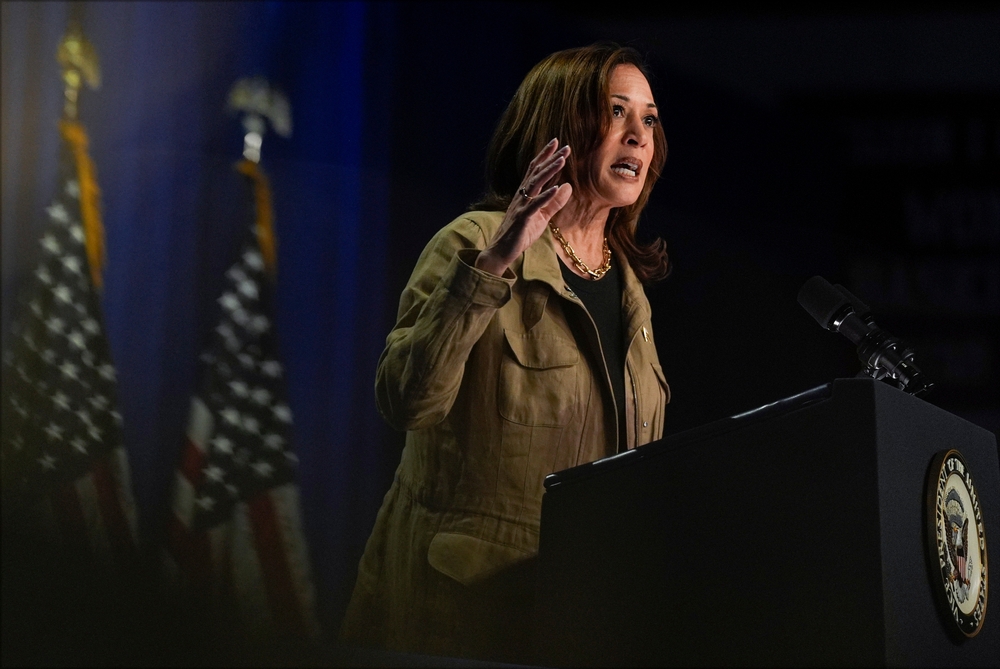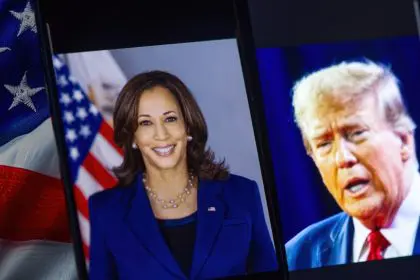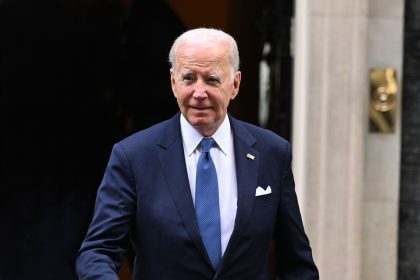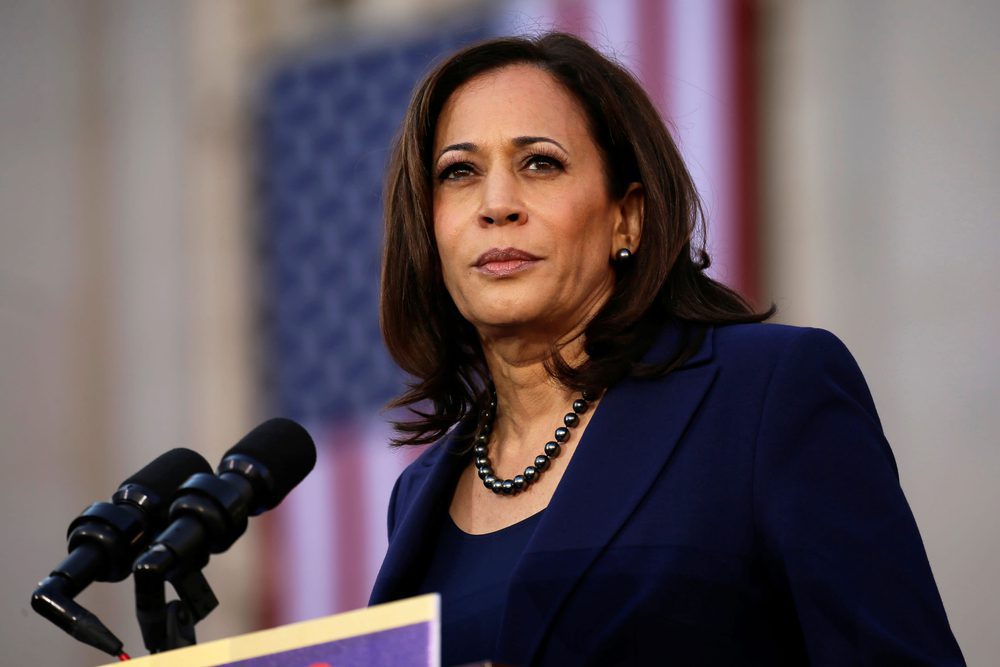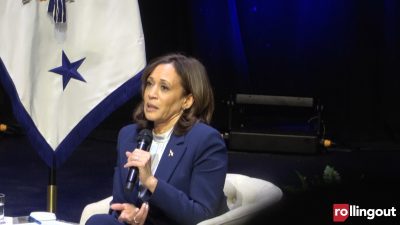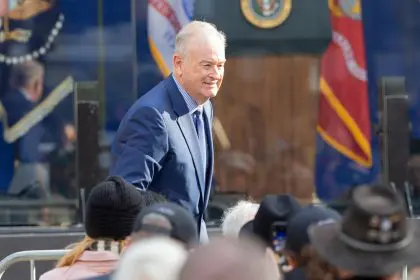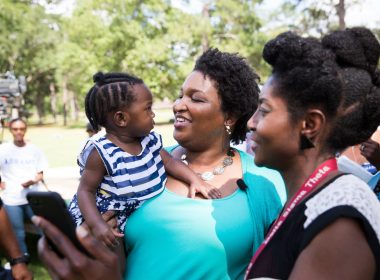Vice President Kamala Harris marked her return to the public stage at the National Black Caucus of State Legislators’ (NBCSL) 48th Annual Legislative Conference in Washington, D.C. The appearance at the Capital Hilton hotel, coming just weeks after conceding the 2024 presidential election to President-elect Donald Trump, drew hundreds of Black state legislators and demonstrated Harris’s ongoing commitment to public service. The timing and location of this first post-election appearance carried particular weight, reinforcing her dedication to the Black political community that has consistently supported her throughout her career.
Connection with constituents
The crowd’s enthusiastic reception highlighted the strong bonds between Harris and the Black political community. Her presence at this particular event, her first public engagement since the election, underscored the significance she places on maintaining connections with state-level Black legislators and their constituencies. The atmosphere in the room reflected both the emotional weight of the recent election and the forward-looking spirit of the gathering, as attendees expressed their continued support for Harris’s leadership and vision.
Focus on future service
During her address, Harris emphasized the crucial role of Black elected officials in American democracy. She stressed the importance of their work at the state level, particularly highlighting their position as direct representatives of their communities. Her message resonated deeply with attendees who understand the challenges of grassroots political work and community representation. The vice president’s emphasis on continued service despite electoral setbacks provided a framework for maintaining momentum in various policy areas critical to the Black community.
Strategic planning ahead
Looking toward 2025, Harris addressed the upcoming challenges facing Black legislators. Her discussion focused on resource allocation and maximizing impact in communities across the nation. The vice president’s practical approach to future challenges resonated with attendees, many of whom had actively supported her campaign. The conversation extended to specific strategies for maintaining progress in areas such as voting rights, educational equity, and economic development, particularly in traditionally underserved communities.
Building coalition strength
The conference served as a platform for discussing coalition building and community engagement. Harris emphasized the importance of maintaining strong networks and continuing to work for positive change at all levels of government. This focus on coalition building took on additional significance in light of the recent election results, with participants discussing ways to strengthen alliances across different community groups and political organizations. The vice president’s message highlighted the importance of unity and collaborative action in advancing shared goals.
Notable attendance and networking
The gathering brought together influential Democratic figures, including former Georgia State Representative Stacey Abrams and Maryland Governor Wes Moore. Their presence alongside Harris reinforced the conference’s significance as a crucial post-election gathering of Black political leadership. The event provided numerous opportunities for networking and strategy sessions, with experienced politicians sharing insights with newer legislators about navigating the changing political landscape. These interactions helped strengthen existing relationships and forge new connections within the Black political community.
Impact on state legislation
Conference attendees, including Tennessee State Rep. Torrey Harris, noted the vice president’s ability to connect her national experience with state-level concerns. The discussions focused on practical approaches to governance and policy implementation at the state level, particularly in light of the upcoming political transition. Participants engaged in detailed conversations about maintaining legislative momentum on key issues affecting their constituencies, from healthcare access to criminal justice reform. The exchange of ideas and strategies provided valuable insights for legislators preparing for their upcoming sessions.
Legislative priorities and implementation
The conference discussions delved into specific policy areas requiring attention in the coming years. Participants explored strategies for:
- Protecting voting rights and access
- Advancing educational equity initiatives
- Supporting small business development
- Addressing healthcare disparities
- Promoting environmental justice
- Strengthening community policing reforms
- Expanding affordable housing programs
Historical context and significance
This appearance holds particular significance as it represents the first time a former vice president of Harris’s historic standing – as both the first woman and first person of Black and Asian descent to hold the office – has addressed this conference following an electoral defeat. The moment captures both the progress made and the ongoing evolution of American democracy. Her presence and message served as a reminder of the importance of resilience and continued engagement in the political process, regardless of electoral outcomes.
Media coverage and public response
The event garnered significant media attention, with coverage focusing on both the symbolic importance of Harris’s appearance and the substantive discussions that took place. Social media platforms buzzed with supportive messages and highlights from the conference, demonstrating the ongoing public interest in Harris’s post-election activities and future plans.
Future implications and ongoing influence
The vice president’s appearance sets a tone for continued engagement in public service beyond electoral outcomes. Her message of resilience and dedication to public service, despite electoral setbacks, provides a framework for political engagement in the years ahead. The conference discussions and networking opportunities lay groundwork for future collaboration and policy initiatives, ensuring that the momentum built during Harris’s vice presidency continues to influence political discourse and action at all levels of government.

